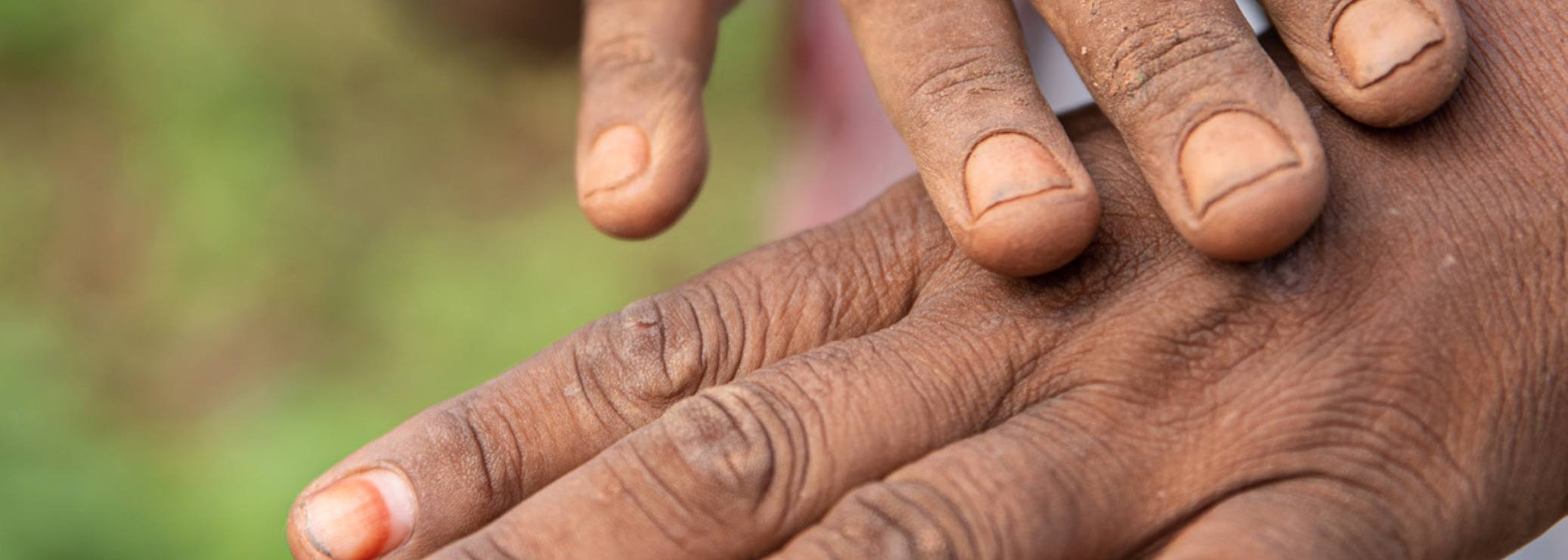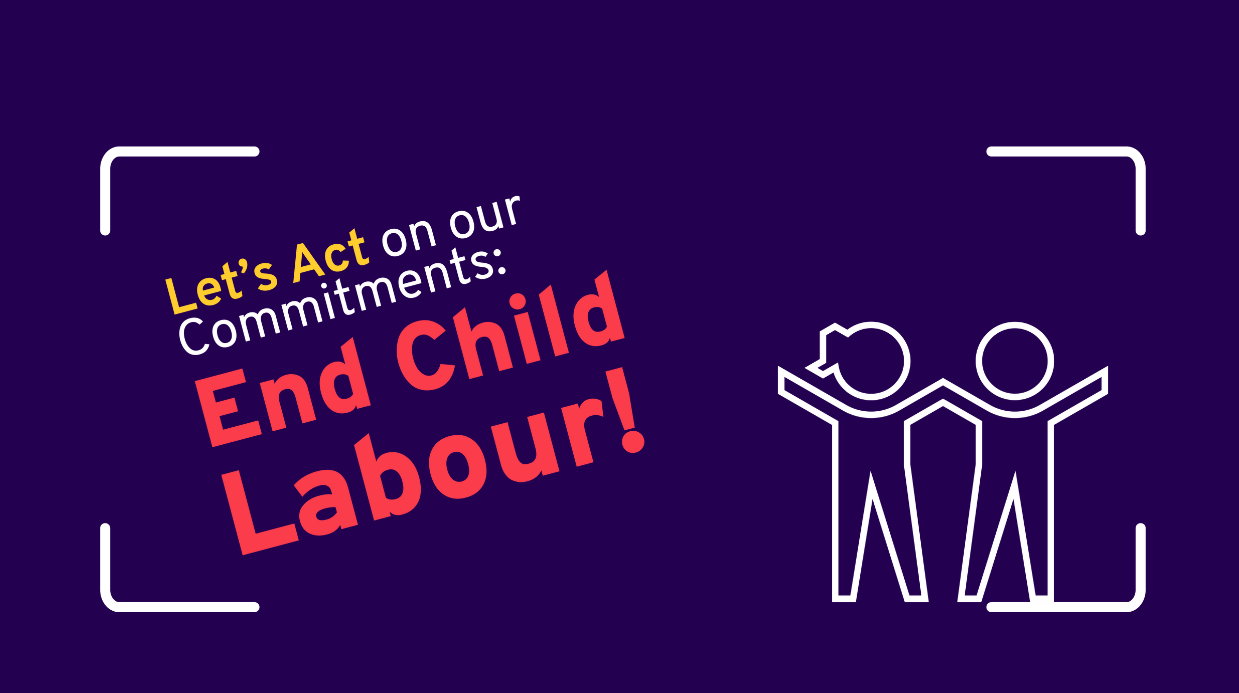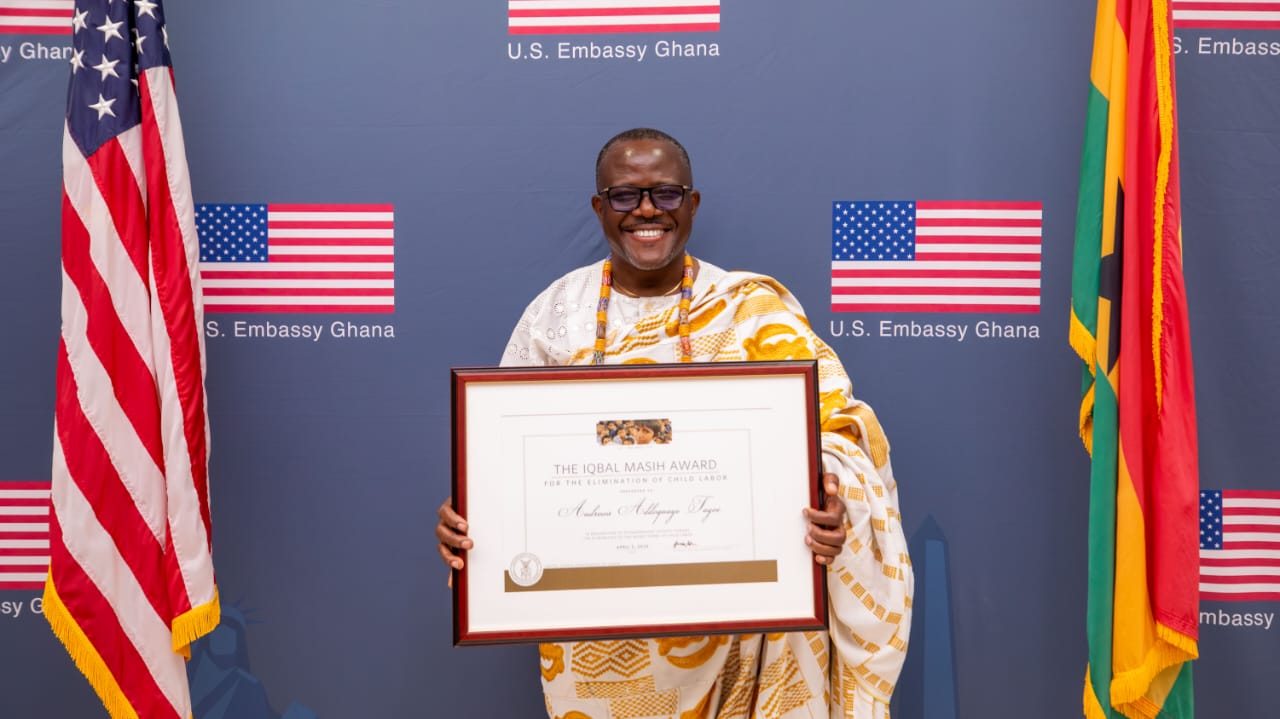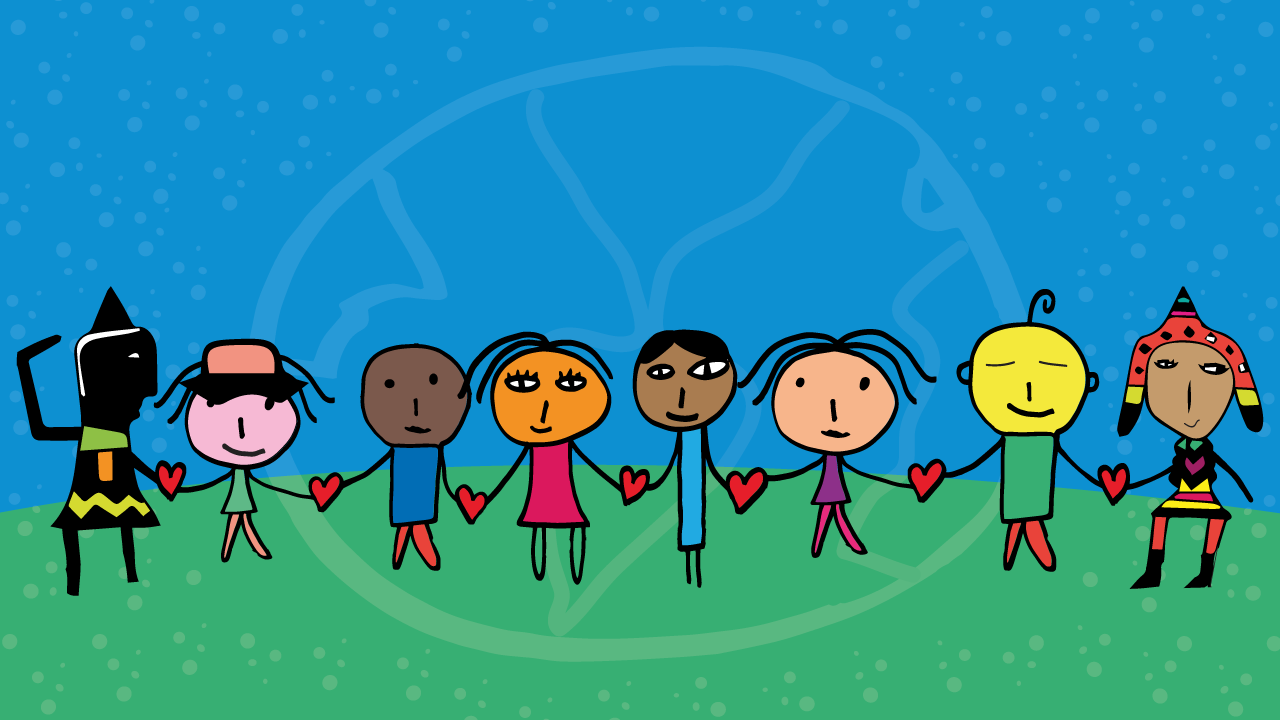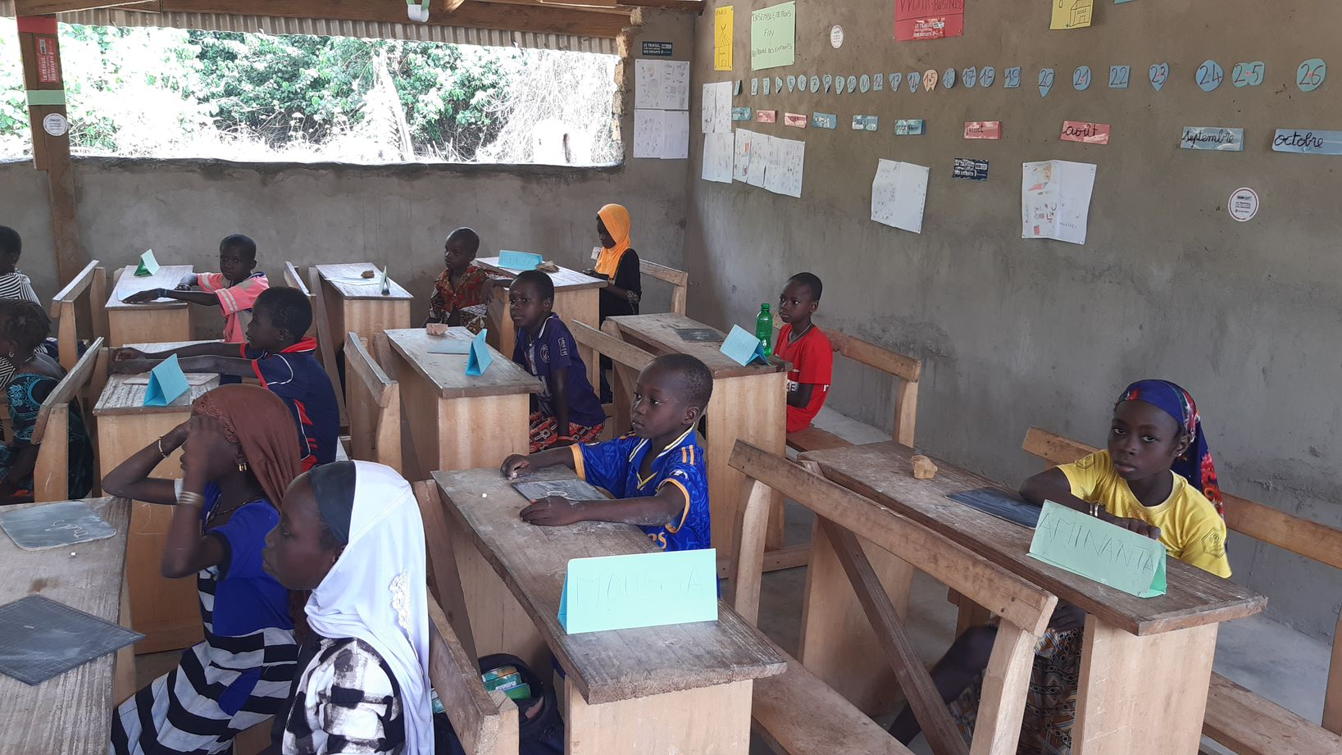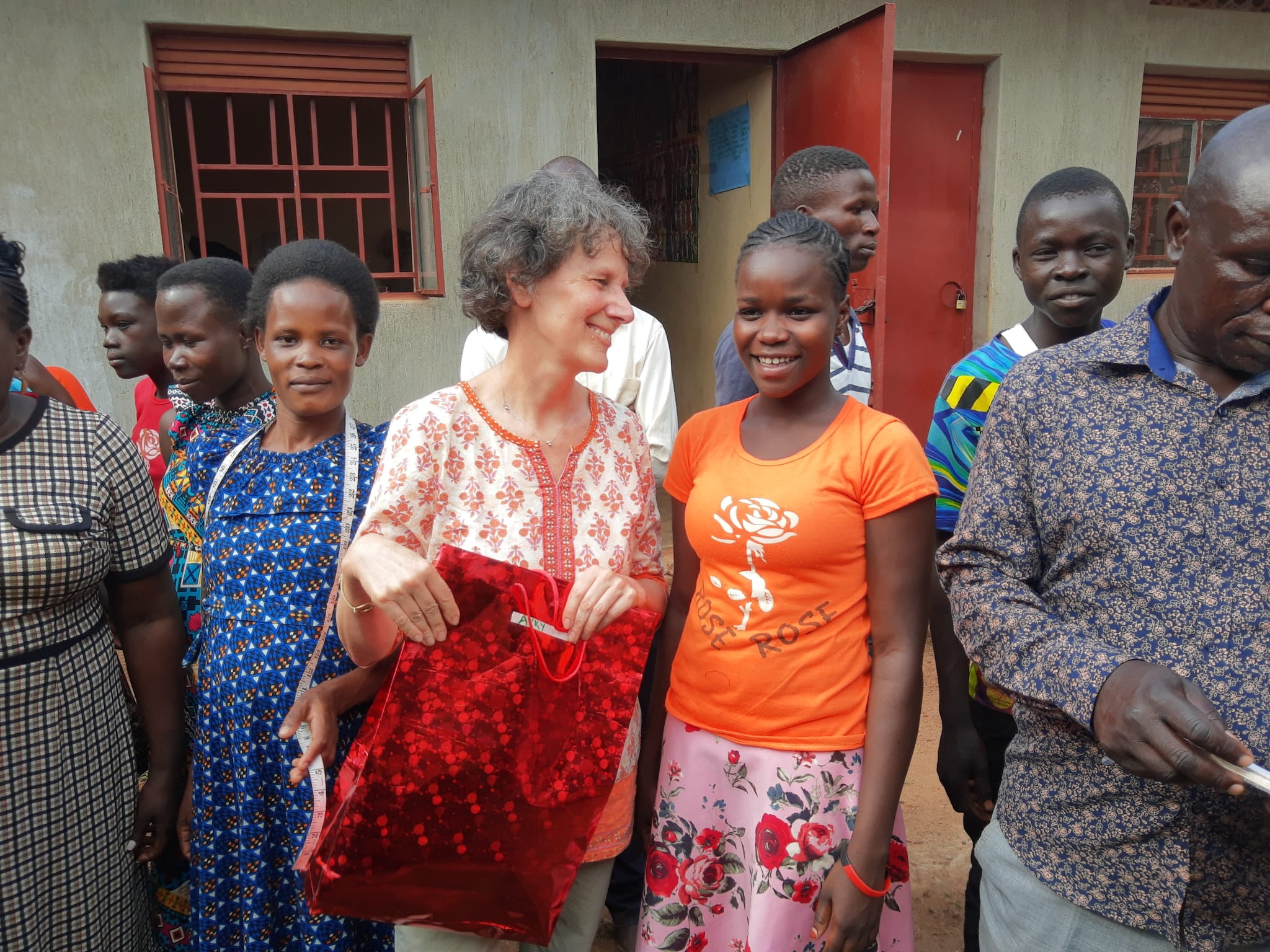Sowing Hope
A report published on June 12, 2020, by Arisa, member of the Stop Child Labour coalition, shows that in the cottonseed and vegetable seed production in six Indian states, important steps have been taken over the past five years to combat child labour, particularly in regions where substantial interventions have taken place. The research involved farms producing for international and some large Indian companies. The paying of minimum wages, however, has worsened in some states, especially for women. Arisa calls on the seed companies and the Dutch government to take steps to tackle the abuses by cooperating more closely and looking critically at their procurement policies and prices.
The full report can be found here:
https://arisa.nl/wp-content/uploads/SowingHope.pdf
Between a Rock and a Hard Place
In 2005, a report by SCL member Arisa presented a very worrying picture of the working conditions in Indian sandstone quarries in Rajasthan. A recently published study by Arisa shows that progress has been made since then. Child labour in the quarries has been greatly reduced, but is still common, especially in the cobblestone making at homes. These cobbles are exported to European countries. Piece rate wages make it almost impossible to achieve the legal minimum income, resulting in families putting their children to work to help them provide for a living. Furthermore, there is still too little attention for the incurable dust lung disease silicosis due to which many die at a young age. The report concludes with recommendations for companies to address the aforementioned human rights risks.
Download the report here:
https://arisa.nl/wp-content/uploads/BetweenARockAndAHardPlace.pdf
Textile Recycling Unravelled
On June 26, 2020, Arisa launched the report ‘Textile recycling unravelled’, a cooperation with textile collector Sympany. Discarded clothing from all over the world, including from The Netherlands, are shipped to Panipat, India, and recylced into new products, such as carpets, blankets, and household textiles. Residual material generated during garment manufacturing, e.g. cutting waste, is also processed in Panipat. The report shows that textile recycling chains are complex and involve risks on child labour and poor working conditions.
The full report can be found here:
https://arisa.nl/wp-content/uploads/TextileRecyclingUnravelled.pdf

